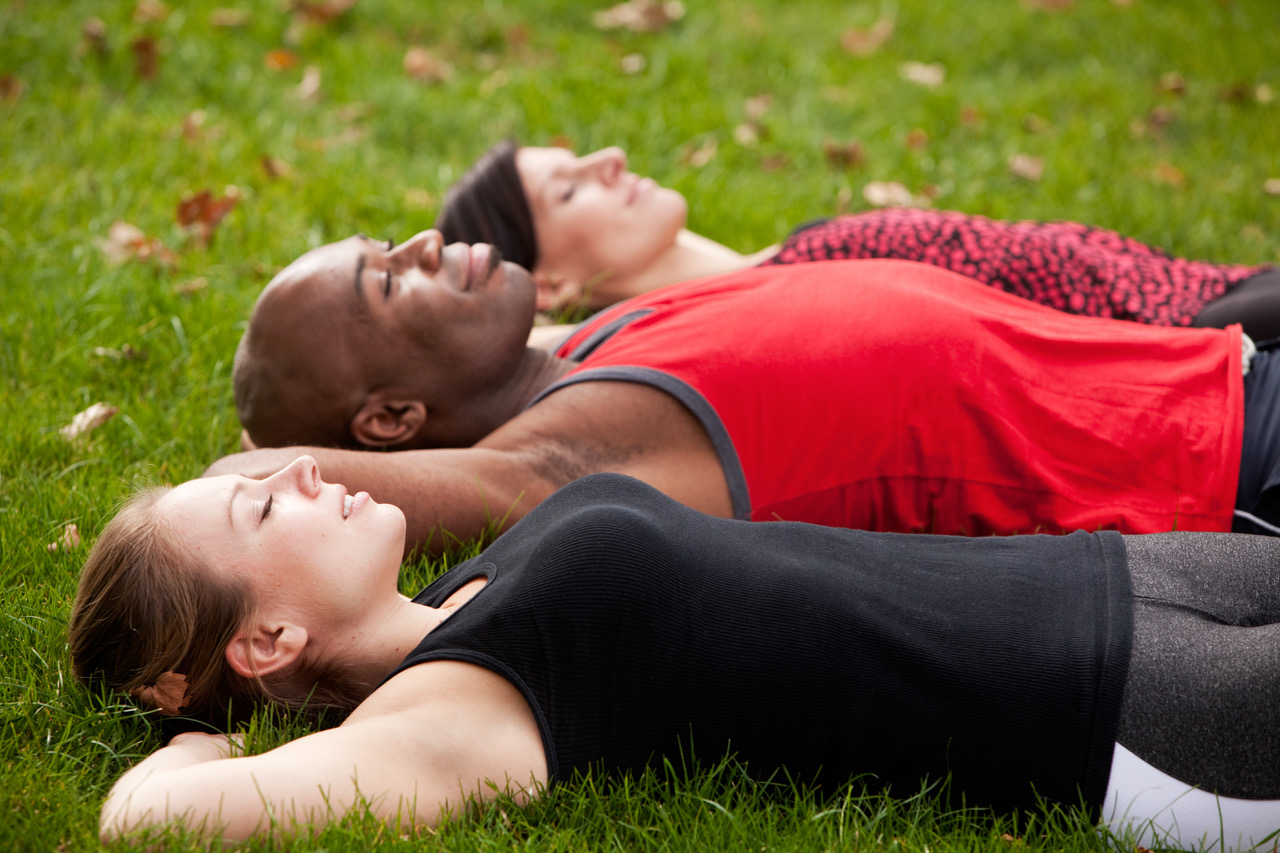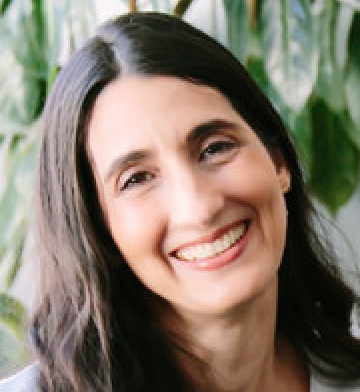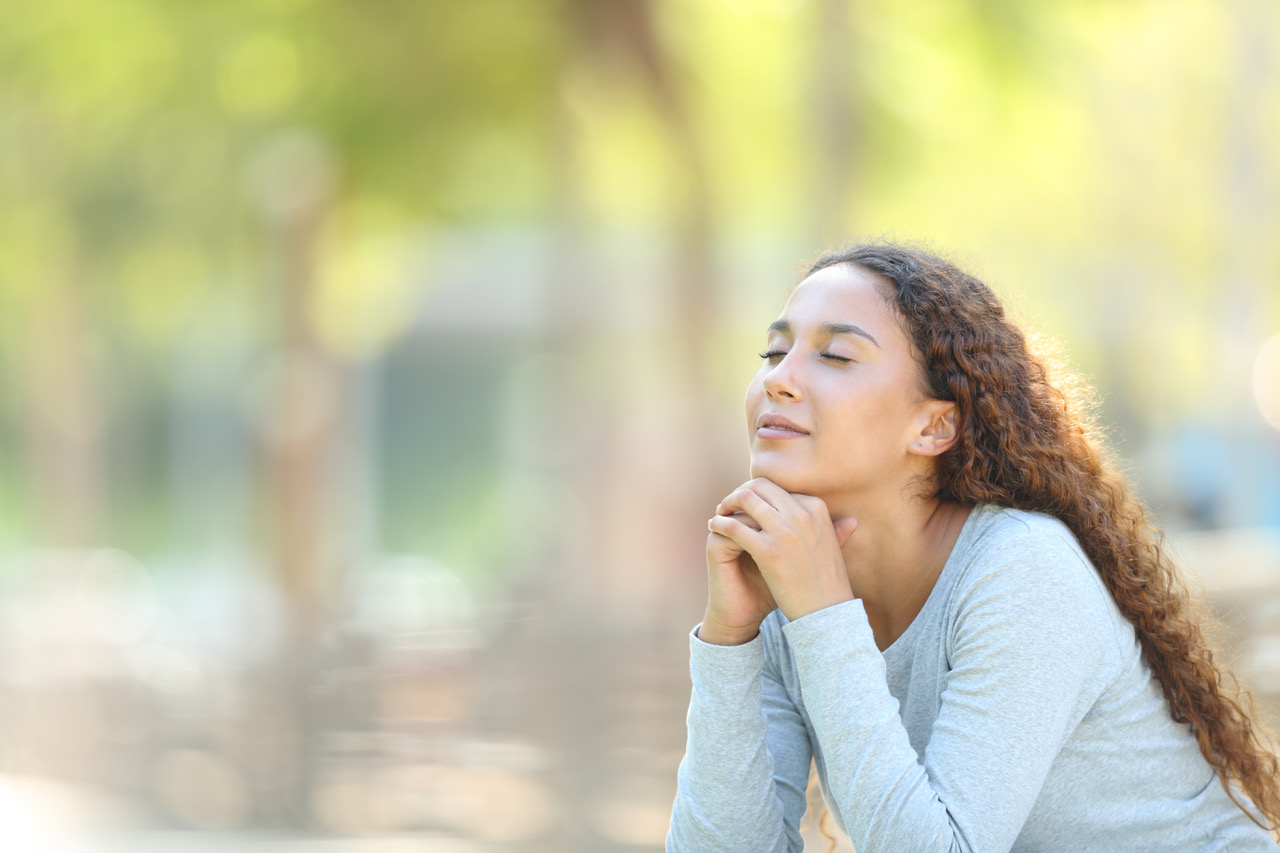Many of us can feel the relationship between sleep and the immune system within our own bodies. When we don’t get enough sleep, our health suffers. We just don’t feel good. Sleeping well has been shown to have a clear impact on strengthening immune function. When we sleep poorly, our bodies have more inflammation. This highlights the importance of getting enough good quality sleep in order to stay healthy.
Tired bodies and minds can not be fully productive at work or in relationships. Let’s face it, in challenging times, falling to sleep can be much more difficult. Insomnia can set in when we worry about the things affecting us globally, personally, economically, and professionally. In other words, the more stressed and exhausted we feel, the greater the challenges to sleep.
Over the years, I have noticed that the more that people have to deal with, the busier they become and the worse they sleep. This leads to less and less “bridge time.” What do I mean by that? I think of the time we take to transition between one thing or one state of being to another as “bridge time.”
When our schedules and thoughts move at fast speeds, full on, all day, shifting gears to suddenly fall to sleep at bedtime can prove very difficult.
Ironically, not getting enough sleep actually makes it harder to sleep when we get into bed. In other words, when deprived of sleep, insomnia gets worse. Additionally, our hormones and brains react in ways that physiologically show our stress levels in the blood and in the brain. Not having enough sleep makes it harder to process traumatic and difficult events. Sleeping poorly, or less than we need, taxes the immune system. Sleeping well, on the other hand, boosts immune function.
Our immune systems become compromised when we don’t get enough sleep. A lack of sleep impacts our blood levels in terms of cortisol and the way our brains fire. Additionally, a relationship exists between sleep disturbances and anxiety. Lower quality sleep correlates with difficulty processing information and organizing things.
For the past 25 years I have been working with people to help them sleep. I have observed that lasting relief seems to come when people focus less on the sleep and more on that “bridge time.” In other words, focusing on pockets of directed rest throughout the day and evening can make a world of difference when it comes time to go to bed.
Although I have focused much of my work on helping people to sleep, I really want to emphasize the importance of REST. I think we need to learn to rest so that we can sleep. When we allow ourselves periods of calm, even small ones, our nervous systems can regulate and reset.
Something to think about:
When you speed up, so does your heart rate, right? And when your heart rate goes up and you are in the middle of rushing around, clearly that wouldn’t be the best time to try to fall asleep! So if you push from one thing to the next from morning until close to bedtime, how can your body and mind be expected to drift quickly to sleep?
Your system works pretty hard under the pressure of all of the busy things that you do in a day, especially when you feel tired.
Imagine what would happen if, in the middle of your day, you could be transported for 10 or 20 minutes to a beach in Hawaii? Or to a soothing massage? Or something else super relaxing?
What if, for a minute here or there, you could slow down and rest, have a cat nap?
I have observed that when people learn to take these little “rests” their sleep improves as does their immune function. The best way that I have found to do this is by learning self-hypnosis, more even than other types of meditation, because self-hypnosis can target sleep.

To get started right away, try these little exercises on your own throughout the day and evening:
• A few times throughout the day, look around your space or environment. Note to yourself the colors, the sounds, how far in the distance you can see, or the pleasant things around you. Really notice them. My work as a somatic experiencing practitioner has taught me that doing this actually calms the nervous system. It tells the body and brain that you are safe. (Note: Set an alert on your phone to remind you to get into the habit of using this little practice!)
• Close your eyes for a few minutes. Imagine yourself or feel yourself somewhere very relaxing and calming. Notice what the light looks like, the smells, the emotions or sensations of that wonderful place where you feel free from cares or worries. This can be a place you have been or a place that you might dream about.
• When you get into bed, as soon as you close your eyes, focus on your abdomen. As it expands when you inhale, say to yourself, “Deep.” As you exhale and your abdomen contracts, say to yourself, “Sleep.” Repeat.
Give these little tips a try for a few weeks and notice how you feel. Track if your sleep improves. Does your energy feels stronger? Does your productivity increase even though you’ve take these small moments of rest?
Even brief periods of rest can support sleep and immune system.
Let me know how it goes!
Previously published on www.drdyan.com on June 17, 2020
Featured image credit: Antonioguillem for Adobe
Additional image credit: Tyler Olson for Adobe


